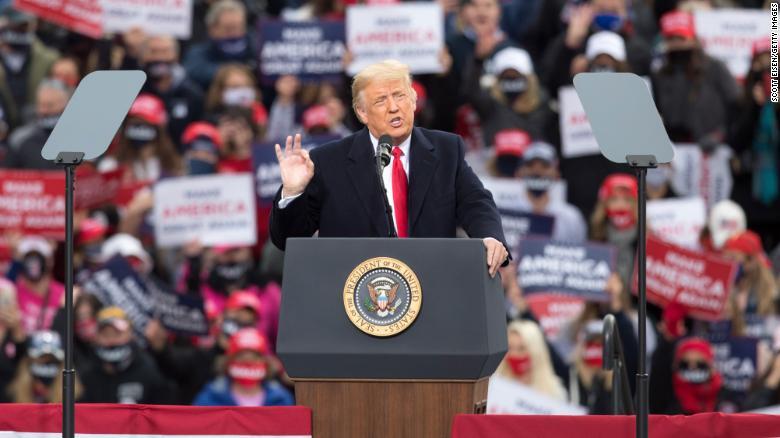
Washington, D.C. – The federal workforce now faces a blow from Donald Trump in the form of an executive order (EO) issued last week. This EO allows the government to fire civil servants on political grounds. That’s why Trump’s new executive order might be a disaster-in-waiting for civil servants.
This action has broad implications for many categories of government employees who will now be “at-will” employees. “At-will” employment means that an employer can fire an employee at any time and for any reason, except an illegal one. One result of the EO will be that agency heads will no longer be accountable for firing or hiring civil servants. Additionally, the order jeopardizes the job security of thousands of federal employees who can experience layoffs at any time.
At the moment, the EO does not apply to the Senior Executive Service or attorneys enlisted under Schedule A of the EO. According to President Trump, this change allows agencies to address “loopholes” in the disciplinary procedures for federal employees.
Interestingly, the Trump administration has not produced any supporting evidence backing this move other than an old 2016 survey. This survey found that less than a quarter of federal employees believe their agencies evaluate performance effectively. Of course, this data has changed in four years.
History of executive orders reclassifying federal employees
The Trump administration did create new schedules to hire and reclassify federal employees in 2018. At that time, the president signed an EO which created a schedule for future administrative law judges (ALJ). Additionally, this EO also gave agency heads the authority to hire or fire federal employees “at-will.”
In 2018, the EO applied to future ALJs and not current judges who remain part of the civil service. With the new order, the EO applies to both current and future federal employees working in policy-making positions. Besides, these positions now move out of the competitive civil services into an excepted service.
The excepted service category will include employees who will work under a Schedule F category. Employees working these jobs can lose their rights to appeal disciplinary action.
With the new order, agency heads can “at-will” hire or fire employees enlisted under Schedule F. The Office of Personnel Management is yet to determine which policy-making positions will come under Schedule F. Agencies must review Schedule F appointments annually. The Office of Personnel Management will issue implementation guidelines each year.
Impact on civil servants
This order removes the appeal rights of civil servants against a layoff for reasons other than conduct or performance. Meanwhile, the jobs under Schedule F will be at the disposal of the political leaders and there won’t be a competitive hiring process.
In short, the federal workforce is politicized. The side effects of this EO can be devastating if Trump wins on Election Day. Federal agencies have 90 days to review which type of positions to include in Schedule F.

Repercussions for the government
The Trump administration already faces a negative response to the EO from the National Treasury Employees Union (NTEU). The NTEU filed a lawsuit in federal court seeking to strike down this EO as unconstitutional. Further, the NTEU believes that this move strips policy-making federal employees of their civil service and due process protection rights.
The complaint alleges that this EO will “radically reshape the civil service by drastically increasing the number and type of employees who are subject to dismissal without adverse action rights.”
According to the NTEU, Trump exceeded his authority under merit-based rules for the selection procedure of federal employees. These procedures allow the president to exclude certain positions at his administration’s discretion. Again, there is no accountability or oversight.
In a contradictory statement to the Current Affairs Times, Russ Vought, Director of the White House, Office of Management and Budget says “This much-needed reform will increase accountability in essential policy-making positions within the government.” Vought fails to explain how there will be accountability if the agency heads have more power to fire employees at-will.
The lawsuit prompted the resignation of the Federal Salary Council Chair, Ron Sanders. Sanders, a Trump appointee, claims that this EO was an attempt to require the political loyalty of Trump’s advisors.
The health of the federal government
Max Stier, president of the nonpartisan group, Partnership for Public Service, says “Our health, safety, and welfare is dependent upon an effective government. Meanwhile, the federal government depends upon a highly-professionalized and capable civil service. This would be a dramatic undermining of that civil service.”
The EO move is highly detrimental to the morale of civil servants. Will the quality of government services deteriorate?
Thumbnail Credit: jkinsey3291/Unsplash
Afia is a lawyer, journalist, an avid traveler, an avid reader, a foodie, and an amateur singer. She enjoys instrumental music with her glass of wine ?




